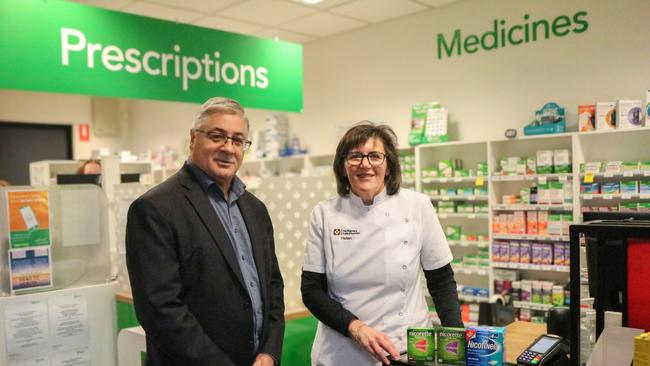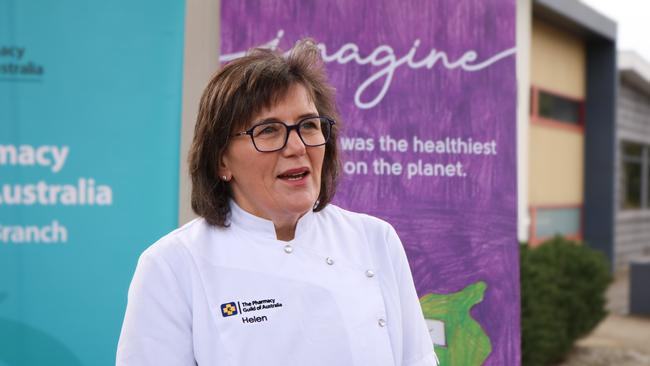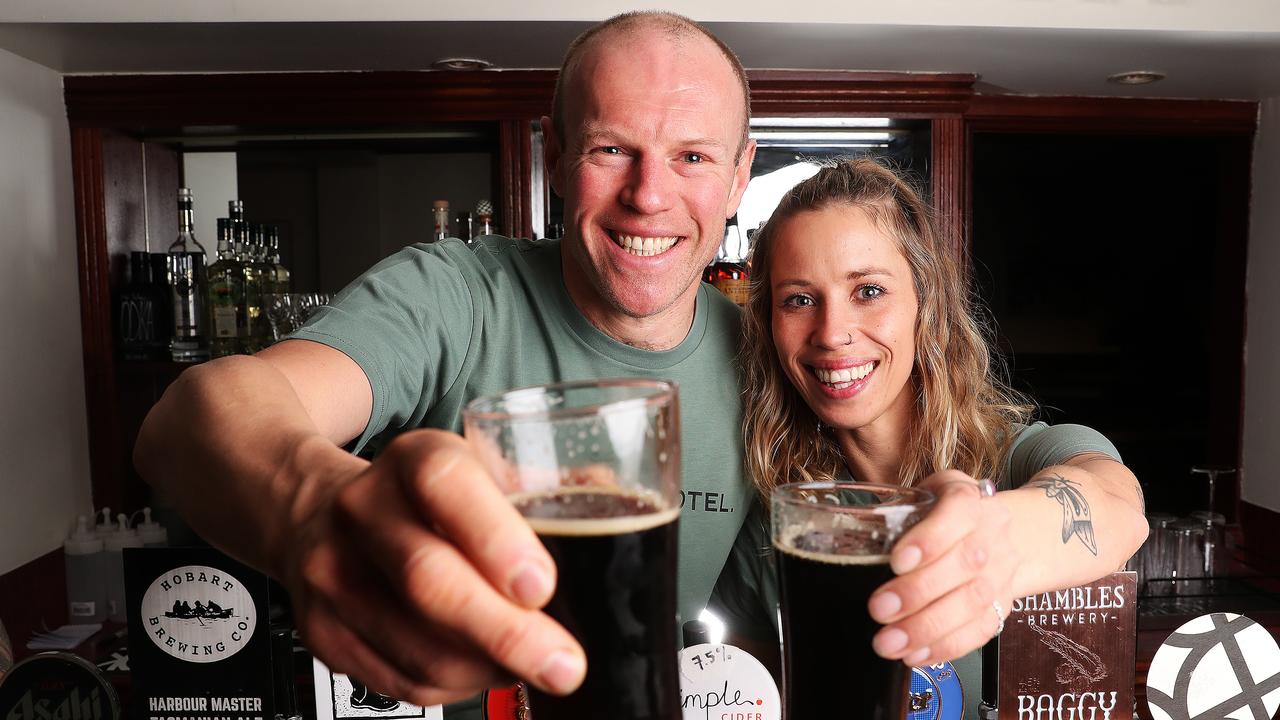Pharmacists slam new laws to legalise over the counter vapes without prescription
Pharmacists have spoken out against new laws that will allow the sale of vapes over the counter without a prescription.

Tasmania
Don't miss out on the headlines from Tasmania. Followed categories will be added to My News.
Tasmanian pharmacists and health advocates have slammed a new plan that would allow smokers to buy vapes at pharmacies without the need for a doctor’s prescription.
Several of the state’s largest pharmacy brands have indicated they will not stock vapes once the new laws come into effect, arguing pharmacists were healthcare professionals who dispensed medication that had a proven therapeutic benefit.
Currently, it is illegal for retailers such as tobacconists, vape shops, and convenience stores to supply any type of vape in any circumstances, as patients require a prescription to purchase vapes.
Under the new legislation, therapeutic vapes with a nicotine concentration of 20mg/ml or less will be available in pharmacies to patients 18 years or over without a prescription from October 1.

Pharmacy Guild of Australia Tasmania president Helen O’Byrne said pharmacists were not consulted on the amendments they were expected to enforce, and the legislation wouldn’t succeed without their buy-in.
“There is no evidence that nicotine vaping helps with the cessation of smoking. So we don’t have the confidence as pharmacists and health professionals to be able to supply these nicotine vapes over the counter,” Ms O’Byrne said.
“Had there been some consultation, then something could have been worked out between the policy and the pharmacy guild to make it a better outcome for all Australians.
“We support that nicotine vape prescribing stays in the hands of general practitioners with the oversight of both the general practitioner and the dispensing pharmacist.”
Liberal MLC Nick Duigan said the new vaping legislation was not the state government’s preferred approach, but they recognised a need for action.
“Tasmania already has some of the nation’s toughest laws as it comes to vaping, but we would take some advice to understand whether there is an ability or an option for us to adopt a nationally consistent law. I think that’s a good space for us to be,” Mr Duigan said.
St Lukes chief executive Paul Lupo said Tasmania’s own legislation required nicotine retailers to be licenced, providing an opportunity for the state government to add an extra layer of protection, similar to Western Australia, where vapes had been illegal without a prescription for a decade.
“In the lead up to October 1, we have a crucial window to ensure every action is taken to protect our community’s health and prevent these highly addictive products ending up in the hands of our children,” Mr Lupo said.
“We know vaping is highly addictive and harmful to young children and to the population in general, and this is a major setback in our efforts to stop the next generation of Tasmanians from becoming addicted to the products of big tobacco.”





